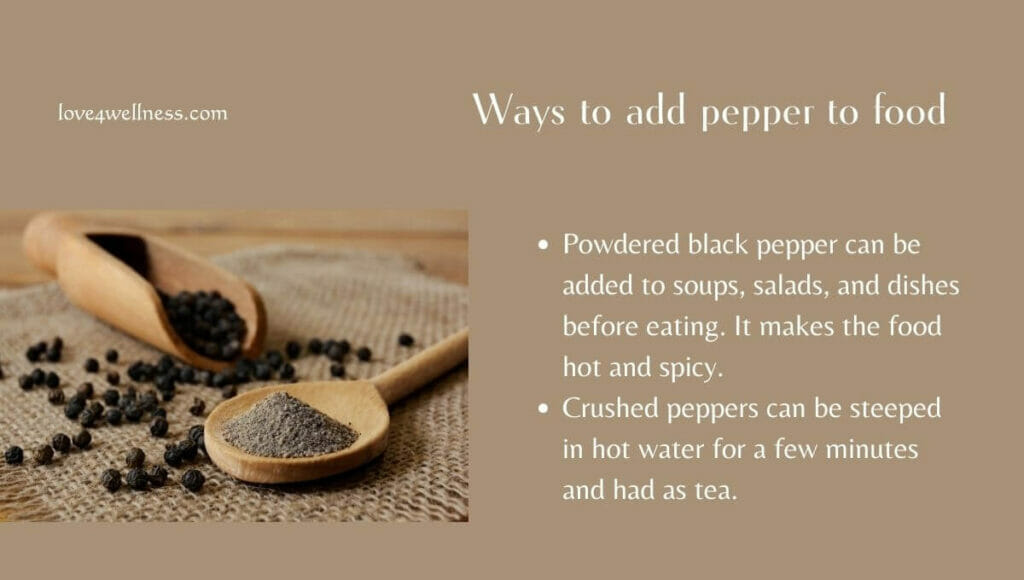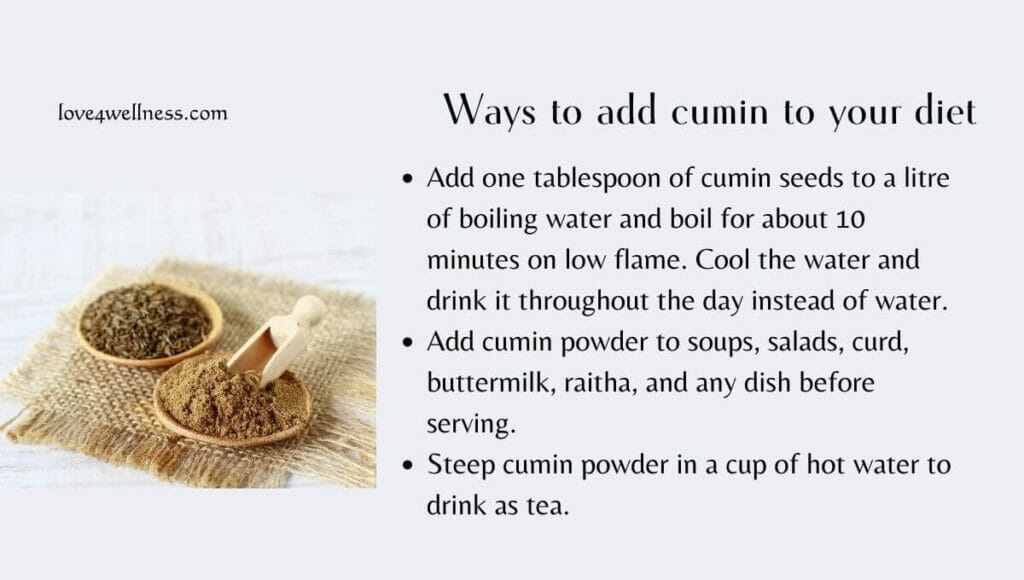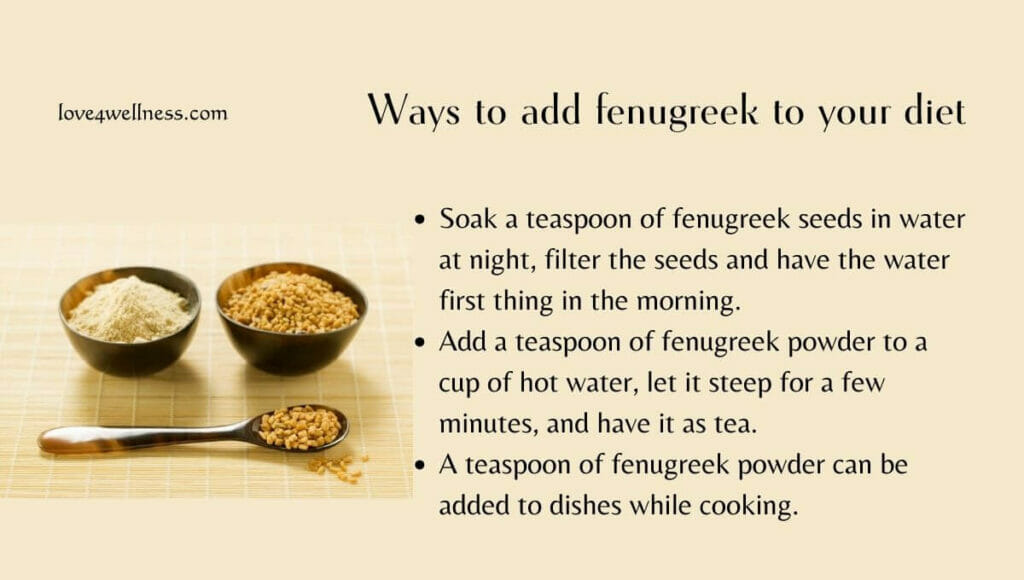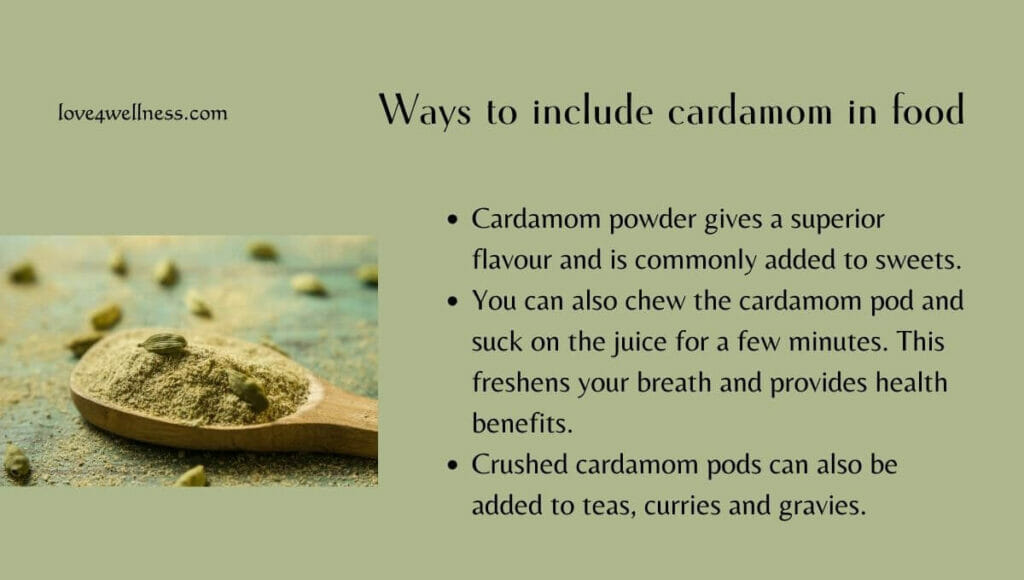You may be an experienced chef or a beginner whose dish may turn out awesome one day and awful on another 🙂 Regardless of your culinary expertise, here is some flavourful news: Spices are not merely to enhance your dish and tickle your tastebuds. Most kitchen spices used prevalently have unbelievable medicinal qualities and can provide various health benefits. This article lists six must-have spices with several health benefits. You may already have them in your kitchen cabinet. If not, is it not time to stock them?
Spices with health benefits you must have in your kitchen
1. Turmeric
Turmeric is a spice with a unique colour and flavour that offers numerous health benefits. Its versatile use in traditional medicine for centuries has gained recognition in modern scientific research as well for its antioxidant and anti-inflammatory properties. Because of its impressive health benefits and distinct flavour, the spice turmeric is a valuable addition to any kitchen cabinet.
Key benefits:
- Improves immunity
- Aids digestion
- Beneficial for liver, kidney and heart health
- Improves cognitive health
- Relieves pain due to inflammation
- Eases joint movements
Reasons why turmeric is a must-have spice in the kitchen cabinet
- Anti-inflammatory Powerhouse
The active compound found in turmeric, known as curcumin, is a powerful agent with anti-inflammatory properties that can help reduce inflammation within the body while also serving as a protective shield against further damage. Its natural ability to combat inflammation can have a significant impact on overall health, making it a valuable addition to any wellness routine.
- Boosts Brain Health
Studies have demonstrated that curcumin, the naturally occurring compound in turmeric, has the potential to improve cognitive function and reduce the incidence of brain-related ailments. This is due to its ability to stimulate the production of brain-derived neurotrophic factor (BDNF), a protein that plays a crucial role in promoting the growth and survival of neurons in the brain. By boosting BDNF levels, curcumin may protect and improve brain health, leading to enhanced memory, learning, and overall cognitive function.
- Amps Up Your Dishes
From golden milk lattes to curries and soups, turmeric imparts a warm, earthy flavour and a vibrant yellow hue that can make any dish visually appealing.
2. Black Pepper
Next up are the little peppercorns. Despite their small size, these little powerhouses pack a big punch when it comes to adding flavour to your favourite dishes. And, as it turns out, they also offer some impressive health benefits.
Key benefits:
- Possesses antioxidant and anti-inflammatory properties
- Improves specific nutrient absorption
- Helps manage cold and flu symptoms
- Boosts brain health
Reasons why black pepper is a kitchen spice with health benefits
- Improves digestion and increases certain nutrient absorption
Piperine, the primary active component in black pepper, has been found to possess potent digestive properties. It helps stimulate the digestive enzymes, thereby promoting the efficient breakdown of food. This, in turn, enhances the absorption of essential nutrients by the body, leading to an overall improvement in health.
Further, research suggests that piperine helps the body absorb specific nutrients like curcumin, beta-carotene, and selenium, all of which have medicinal qualities.
- Have anti-inflammatory and antioxidant properties
Piperine, the bioactive compound found in pepper, also exhibits anti-inflammatory and antioxidant properties. The antioxidants in black pepper help reduce oxidative damage. The anti-inflammatory properties help reduce inflammatory markers in the body and hence may protect against cancer, diabetes, heart disease, etc.
- Helps manage cold symptoms
The anti-inflammatory and antioxidant properties of pepper help combat cold symptoms as well. Brewing a hot cup of pepper-infused tea not only lessens your discomfort due to cold but also adds a flavourful spin to your regular brew.
- May improve brain health
Some studies show that piperine decreases the formation of amyloid plaques in the brain, contributing to reduced risk of degenerative diseases like Alzheimer’s.
- Enhance your culinary experiences
Black pepper is a versatile seasoning that can add bold flavour to soups, salads, and grilled foods. It’s easy to use and can enhance your meals without much effort!
3. Cumin
Cumin is hugely popular in the cuisines of India, China, Mexico, Africa, and the Middle East and has been extensively used since ancient times.
The simple spice used for seasoning is an effective home remedy for several common ailments. Hence, next on our list are the cumin seeds for their extensive medicinal qualities.
Key benefits:
- Aids digestion
- Helps manage blood cholesterol levels
- Enhances metabolism, Improves immunity
- May help manage weight
Reasons why cumin can be a wonderful addition to your kitchen rack
- Aids digestion
Cumin improves digestion by increasing the activity of digestive enzymes and speeding up the digestion process. A dash of cumin in your soup or sipping cumin-infused water throughout the day can work wonders for your tummy.
- Boosts metabolism
Adding cumin to your diet regularly boosts the body’s metabolism, thus helping maintain a healthy weight.
- Packed with antioxidants
The flavonoids and phenols in cumin seeds are powerful antioxidants that can help reduce oxidative damage in the body, promoting overall wellness.
- Improves blood cholesterol
Some research indicates cumin may improve blood cholesterol levels, contributing to a healthier heart due to the presence of beneficial compounds like quercitin, luteolin, and catechins.
- Improves immunity
Drinking cumin seeds-infused water daily significantly improves the body’s immune response to various infections.
4. Fenugreek
Methi, commonly known as fenugreek, is another kitchen spice that looks naive but has various nutrients and provides numerous health benefits.
Key benefits:
- Helps manage blood sugar
- Reduces acid reflux and heartburn
- Lowers blood cholesterol levels
Reasons why methi seeds are good for your health
- Regulates blood sugar
Fenugreek is known to aid in controlling blood sugar levels, making it a beneficial addition to the diet of people with diabetes. Regularly adding fenugreek seeds improves glucose metabolism by increasing insulin sensitivity and reducing insulin resistance.
- Cures heartburn
Fenugreek is a natural antacid. Taking fenugreek-infused water 30 minutes before a meal can significantly help reduce acid reflux and heartburn.
- Manage cholesterol levels
The saponins and galactomannan present in methi seeds help lower bad cholesterol and improve good cholesterol. They may also reduce triglycerides.
- Protects against inflammation
Fenugreek seeds are anti-inflammatory and can help reduce pain and inflammation in conditions like arthritis.
5. Cinnamon
The flavour of cinnamon is irresistible, and we all have favourites, from cinnamon tea to cinnamon pastries. And, yes, you guessed it right. Cinnamon also makes it to the must-have kitchen spice list due to its medicinal properties and health benefits.
Key benefits:
- Protects heart health
- Improves metabolism and may aid in weight loss
- Has anti-inflammatory effects that may reduce the risk of diseases like diabetes, cancer, etc.
- Improves insulin sensitivity
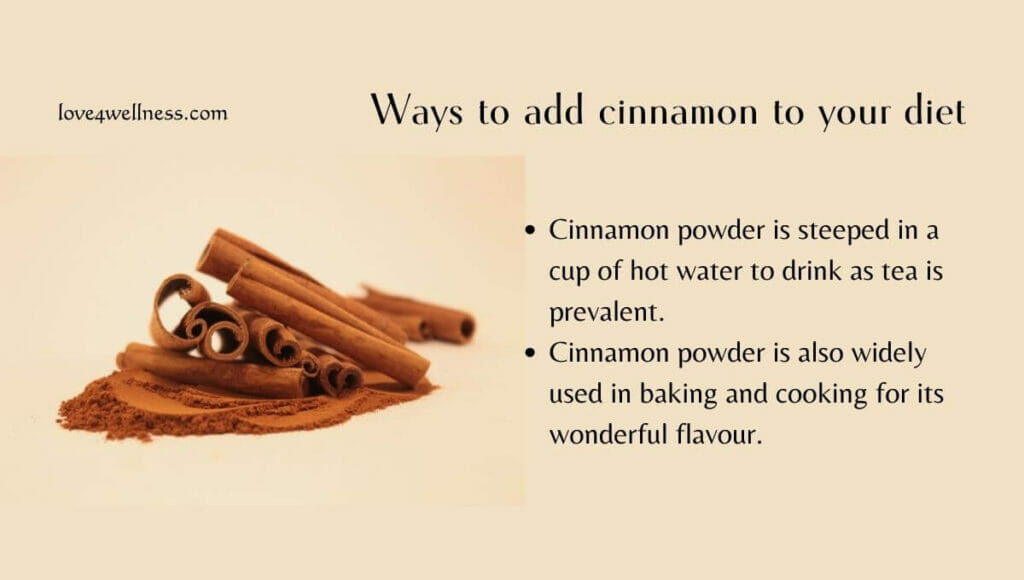
Reasons why cinnamon is a must-have spice in your kitchen cabinet
- Anti-inflammatory Properties
Cinnamon in daily diet can significantly help reduce chronic inflammation, which may cause diseases like diabetes and heart disease.
- Regulates blood sugar
Insulin is a key hormone that regulates glucose metabolism, enabling the body to use energy. Sometimes, your body may not respond to insulin, leading to high blood sugar levels. Cinnamon can improve the body’s sensitivity to insulin and hence may help manage blood sugar.
- Boosts brain function
Cinnamon has compounds such as eugenol, cinnamaldehyde, and cinnamic acid that are beneficial for cognitive function. Several studies suggest that cinnamon can preserve brain function and slow down cognitive impairment associated with diseases like Alzheimer’s.
6. Cardamom
Most Indian sweets use cardamom, and we may think it is to enhance the flavour. Along with the flavour, cardamom provides other health benefits, including managing blood sugar and aiding digestion.
Key benefits:
- Improves digestion
- Reduces risk of diseases caused by chronic inflammation
- Helps manage blood sugar
- Good for heart and liver health
Reasons why cardamoms are a great addition to the kitchen rack
- Aids digestion
You may have thought your uncle insisted on chewing cardamom after a heavy meal to drive away bad breath. That was an explicit benefit. Chewing cardamom also triggers the production of various digestive enzymes, including saliva and aids good digestion.
- Enhances heart health
Cardamom exhibits cardioprotective properties as it acts as a natural diuretic and may help lower blood pressure. In addition, regular use of cardamom can help lower blood cholesterol, contributing to enhanced heart health.
- Anti-inflammatory
Studies show that cardamom can lower C-reactive protein levels, thus exhibiting excellent anti-inflammatory effects.
- Has antibacterial properties
Cardamom also possesses antibacterial properties and can protect against some bacterial infections, including Staphylococcus aureus, Streptococcus mutans, Salmonella typhi, Escherichia coli, and Candida albicans.
Takeaway
Tiny they may be, but the spices can do wonders for your dishes in terms of enhanced taste, flavour, or both. And most of these kitchen spices offer an array of health benefits. Our ancestors are remarkable, for they understood the medicinal properties of these spices; most have been extensively used in ancient medicinal systems like Ayurveda, TCM, and Siddha. From regulating blood sugar levels, lowering blood cholesterol, and improving nutrient absorption to relieving pain and inflammation, the medicinal benefits are incredible. And that is why they have made it to the must-have spices in your kitchen cabinet list!
Images: canva.com


